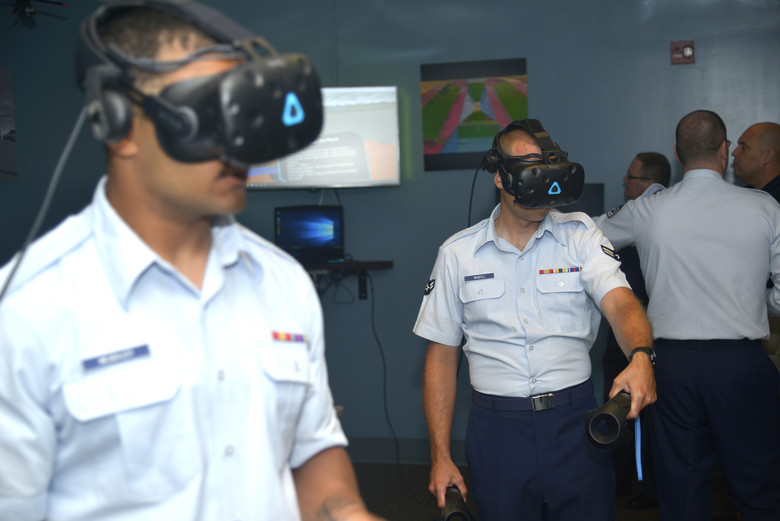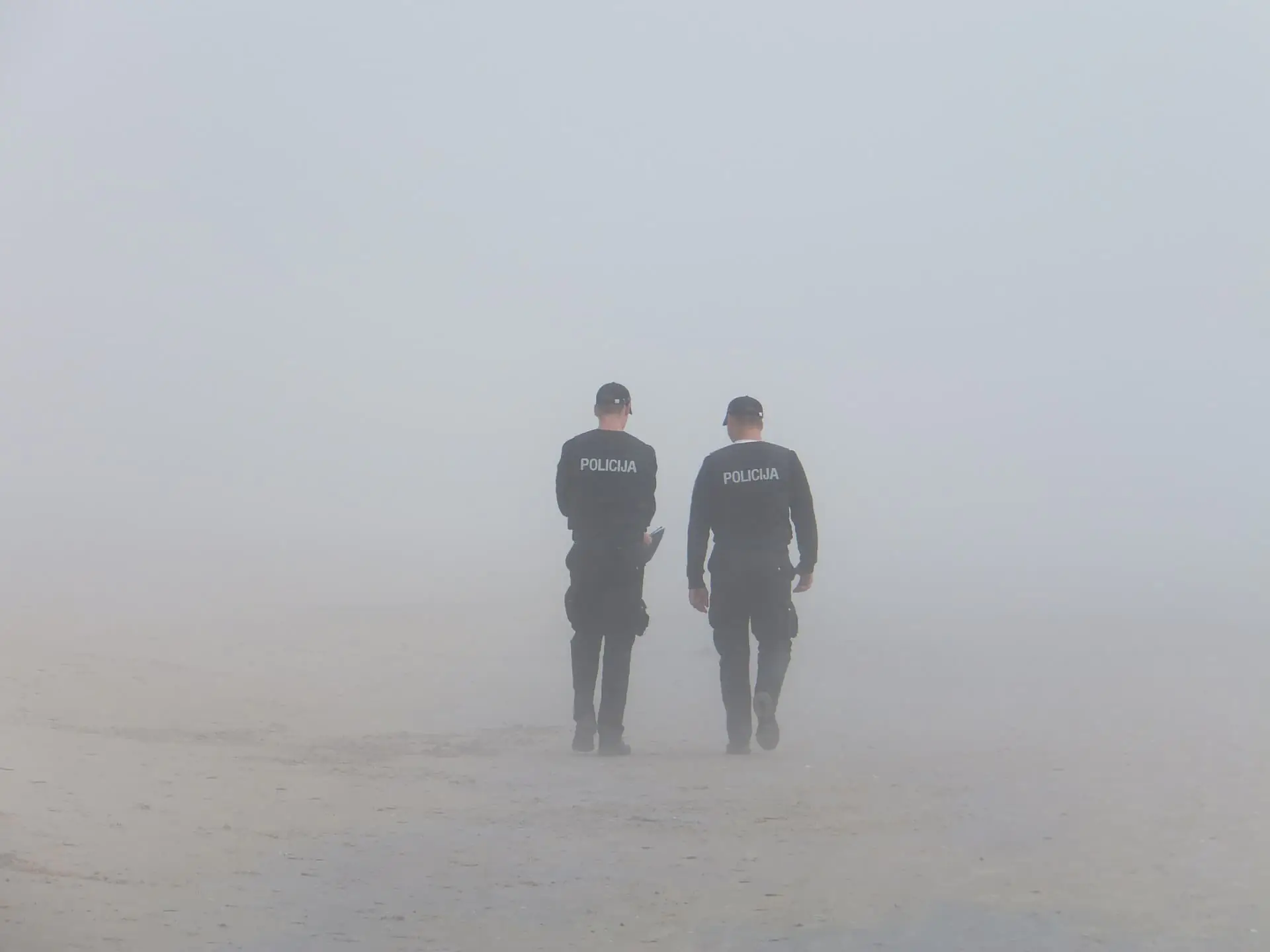Policing is a rewarding but very demanding job; physically, emotionally and mentally. Officers often see the worst of humankind or must deal with stressful situations. These duties can take a toll on their mental health and wellbeing.
Over the past three years, more U.S. police officers have died by suicide than in the line of duty. And 578 officers have already died by suicide nationwide from January 1, 2016, through June 31, 2019, according to Blue H.E.L.P. These tragic numbers include three NYPD officers, a Philadelphia Sheriff’s LGBTQ liaison, and four other first responders (in Michigan, Minnesota, California, and Nevada) in a 10 day period this past June.
To address this problem, law enforcement agencies nationwide are looking for technological solutions to strengthen officer wellness. Here are some examples.
CordicoShield: A 24-Hour Resource

Recently, Eureka Police Department (EPD) Chief, Steve Watson, announced plans to provide his police officers with a leading high-tech officer wellness mobile app.
“EPD is fully committed to taking care of our people. Officer safety should be holistic. It isn’t just about body armor, weapons, and tactics, but also about overall well-being including resiliency, physical, mental, social, spiritual, financial and emotional wellness. This mobile app will provide our members with continuous private and confidential access to mental health and wellness help and support,” Chief Watson said.
The Officer Wellness App was created in collaboration with the city’s human resources department and Cordico. It provides access to therapists and peer support, as well as access to 30+ modules on topics such as: Alcohol; depression; emotional health; family support; financial fitness; mindfulness; psychological first aid; sleep optimization; and stress management.
“We needed a proactive solution for law enforcement agencies everywhere,” said Dr. David Black, the CEO of Cordico. “Officers need 24/7 access to the most comprehensive and trusted wellness tools available to manage the extreme stressors and demands they face. Our apps give them powerful, on-demand tools targeting critical incidents, depression, insomnia, marital problems, trauma, suicide risk, and so much more. We customize the app for each department, and the technology works the same whether you employ fewer than 20 officers or more than 20,000.”
Wearable health tags
A very thorough and well-written article by Law Enforcement Today (LET) provides a case for police departments using wearable tags on their clothing, such as those manufactured by Spire Health.
LET explains the theory that many police officers are very adept at helping their communities, but they may be reluctant to discuss their own emotional issues. This could be due to a long-standing culture of ‘just getting on with the job’ or because of a fear that their issues may not remain confidential. It is therefore very logical to place the power in the hands of police officers’ by encouraging them to review their health data first-hand: It’s difficult to argue with hard data when you are viewing it privately, and this data could lead to a strong reason to ask for help.
The wearable tags provide a host of information, such as rates of breathing, and can educate users on which points of their day create the most stress in their bodies. The product also relays pieces of advice such as when to focus on breathing and when to get more sleep. Notifications could perhaps even be sent to third parties, such as police departments, as part of an opt-in program.
This seems like a great option for police departments nationwide to implement, especially given the statistics: “Suicide is the #1 cause of death for officers; 20% of officers will have at least one addiction; 25% of officers have stressed-based health issues; 40% of officers have serious sleep problems.”
Virtual Reality

(Image source: af.mil)
The National Mental Health Innovation Center at the University of Colorado Anschutz Medical Campus is developing a virtual reality training program for first responders to prevent the stresses of the job.
“Police, fire, dispatch and EMS, they have probably among the highest stress of any occupation out there,” said Matt Vogle, Executive Director at the National Mental Health Innovation Center (NMHIC). A recent study from NMHIC and Responder Strong found that there is a serious lack of mental health resources for first responders in Colorado.
“With virtual reality, you can do what’s called stress inoculation, so you expose people to the bad thing ahead of time so when they see it for real when they’re out in the field their brain has something to draw from,” Vogle said. The project is already working on developing simulations to mimic realistic 911 calls, including car accidents, traumatic fires, and children drowning. Whilst bio-sensors that will detect the trainee’s vital signs, such as temperature and heart rate, are also in development.
“What we want to do is create a realistic scenario but as the responders go into it. … They can’t make out what’s going on, it’s loud, it’s dimly lit,” said Responder Strong Program Manager, Rhonda Kelly. “As they start to incorporate stress management skills the scene will be more brightly lit, the noise will tone down.”
The goal is to give the trainee positive reinforcement for bringing their heart rate down, and to provide repeated stress management training that will help the responder build muscle memory to stay calm in stressful situations.

